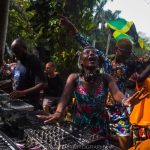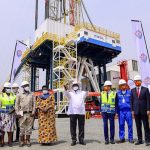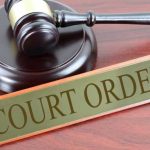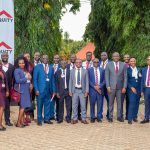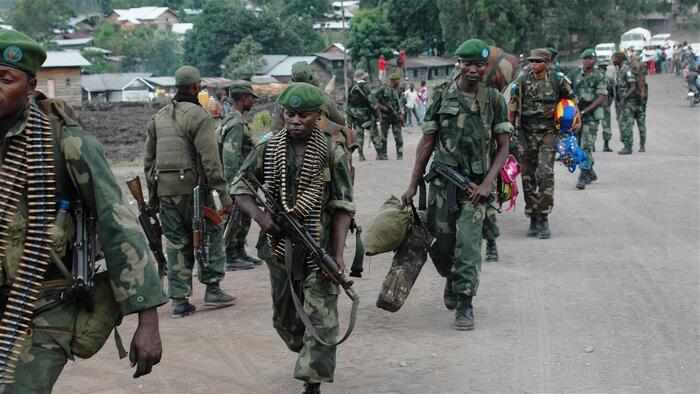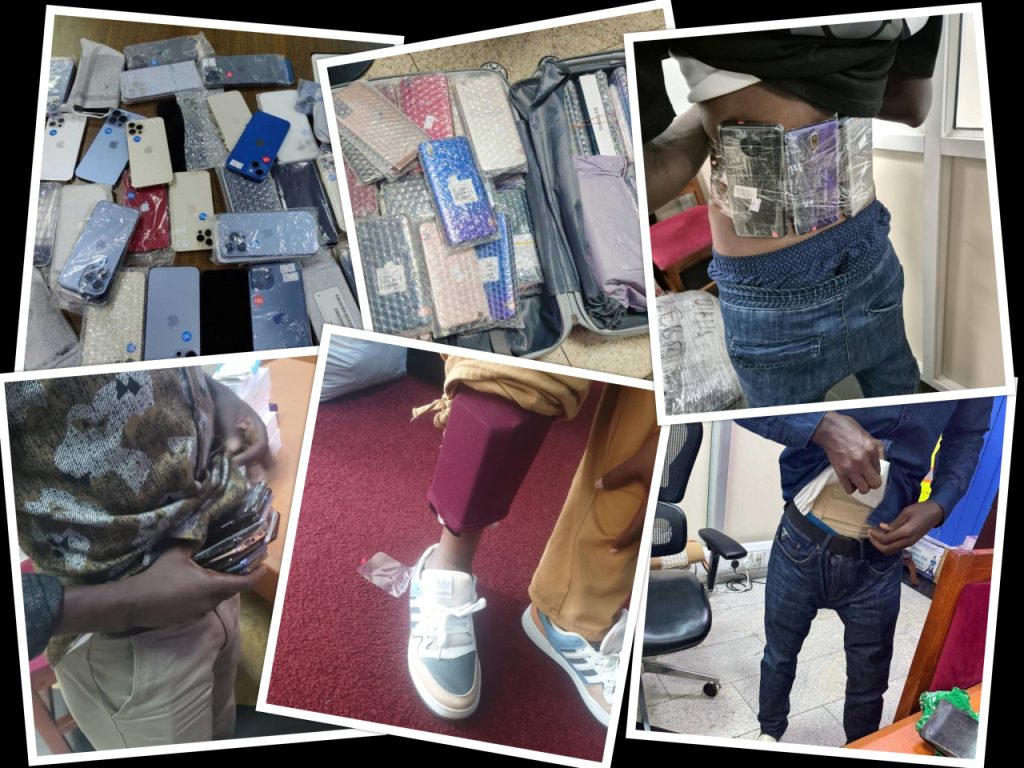The persistent divisions within the Forum for Democratic Change (FDC), once Uganda’s largest opposition political party, may see a potential resolution as FDC President Patrick Oboi Amuriat suggests the possibility of dialogue with the Katonga faction.
In a recent press briefing held at the FDC headquarters near Kampala, Amuriat revealed that a committee of elders has been established to facilitate this dialogue, aiming to find common ground and rebuild unity within the party.
While expressing the FDC’s willingness to engage in dialogue, Amuriat emphasized that participation would be voluntary, without any imposition. He asserted that the FDC’s commitment to dialogue is contingent on mutual respect, with no room for condescension or insults toward the party’s leadership in Najjanankumbi.
In response to Amuriat’s dialogue proposal, former party spokesperson Ibrahim Ssemujju, a key member of the Katonga faction, dismissed the idea and even suggested that Amuriat engage in dialogue with President Museveni.
Amuriat clarified that extending an olive branch to the Katonga faction should not be seen as a sign of weakness. Instead, it is in line with the FDC’s constitution, which prescribes dialogue as a means of resolving internal disputes.
Article 8(e) of the FDC constitution outlines the principles for peaceful conflict resolution, reflecting the party’s commitment to addressing internal divisions through dialogue.
The FDC’s internal division emerged in July, triggered by allegations from Ibrahim Ssemujju that the party’s leadership, including Amuriat and Secretary General Nathan Nandala Mafabi, had received financial support from President Museveni in the run-up to the 2021 elections. The faction led by Amuriat vehemently denied these allegations.
Lawrence Serwambala, the Executive Director of the Interparty Organization for Dialogue (IPOD), noted that their MoU allows them to mediate internal party conflicts. IPOD is prepared to mediate the division within the FDC, should the party request their intervention.
However, the FDC has not yet signed the current MoU with IPOD, indicating that they may intend to resolve the internal conflict independently. FDC’s party spokesperson, John Kikonyogo, confirmed that they have not sought IPOD’s assistance.
Amuriat also announced the FDC’s withdrawal from its collaboration with the People’s Government, led by founding party president Dr. Kizza Besigye. The decision to discontinue participation in activities associated with the People’s Government was based on a consensus reached by the FDC National Executive Committee.
Amuriat explained that the challenges stemming from managing two power centers within the party have contributed to internal conflicts since 2018. Furthermore, he cautioned members of the Katonga faction against using the party’s symbols, emblem, flag, slogan, and name, emphasizing that there is only one legitimate FDC party located at Najjanankumbi.




